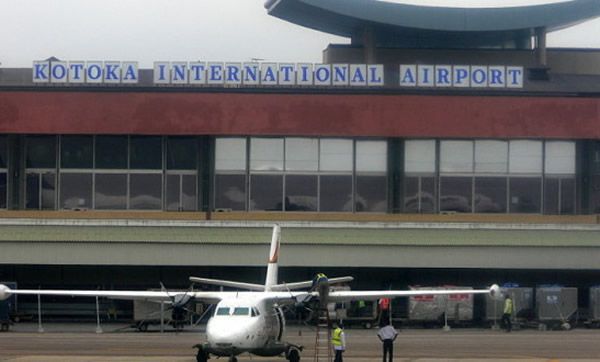Business registration fee too low – Minority

The Minority Leader, Mr Haruna Iddrissu, has raised concerns about the pegging of registration fees of companies at GH¢120 in the new Companies Bill before Parliament.
He said the amount was too low, particularly for multinational companies that would be registered as limited liability companies or companies limited by guarantee.
“We should take a look at the fees and make it more realistic. You cannot at this age allow big companies to come to Ghana and let them pay GH¢120 for registration that is less than $50. We should re-examine it.
“The companies we are talking about, assuming Exxon Mobil or Aker want an entity registered here must they be paying GH¢120? Certainly not, If Kosmos Energy was going to register in the United States how much will they pay and pay less when they come to Ghana? “He said after the Second Reading of the Bill by the Minister of Justice and Attorney General, Ms Gloria Akuffo.
The bill
Laid before Parliament since April 2018, the bill is to amend the provisions in the Companies Act, 1963 (Act 179) to be in tune with the current demands in the economy and business environment.
The bill seeks to create an autonomous Registrar of Business out of the Registrar General’s Department (RGD), reduce required age for business registration from 21 years to 18 years, as well a change in the end of the name of companies such as private companies limited by shares (Ltd), Public companies limited by shares (PLC) and for companies limited by guarantee (LGD).
Reforms
Mr Iddrisu said the automation of the RGD was long overdue adding that while he was in office, there was a World Bank funding to automate institutions in the department, the Attorney General’s Department and the Judicial Service.
“Those reforms cannot wait further particularly at the time the world has moved into a technologically driven one,” he said.
More companies, less tax
He said the relationship between the Ministry of Finance, the Ghana Revenue Authority (GRA) and the RGD remained imperative not just for the fight against corruption but for the purpose of revenue adding that there was the need to build a strong relationship between the three institutions and the flow of information among them and the office of the Attorney General.
“It is estimated that our tax revenue has remained the same yet many companies have been registered.
While they are increasing, what they are paying to the state is withholding tax or whatever tax, income tax, we need to know,” he said.
Last year, the GRA introduced compulsory tax identification number registrations for all tax payers without which transactions, including opening of bank accounts, passport acquisition, business and land registration could not be done.
However, Mr Iddrisu said there were still many entities, including small businesses that were not paying any revenue to the state.
On the creation of the Office of Registrar of Business, he said it was a laudable idea but added it must be under the Registrar General for regulation purposes but overall must be answerable to the Office of the Attorney General.
He also made a strong case for the resourcing of the Office of the RGD saying “they need to be adequately resourced other than that we may have to make a provision in this bill for retention of their internally generated funds and justify it in order to achieve the functionality and viability of the Office of the Registrar General.”
Age for registration
The Deputy Majority, Ms Adwoa Safo, said the decision to change the age required for registering businesses to 18 years was a laudable one as there were young people who had acquired skills through technical education and would want to establish their own businesses.
“They have come of age and have acquired skills.
If they would want to become great entrepreneurs this is what we ought to do.
They don’t have to wait till they are 21… It is in line with our quest to create great entrepreneurs who have an interest in being businessmen and women.”
On the change to the end of names of companies, she said it was a good distinction that ought to be commended as currently, the names of all companies in Ghana ended with “Ltd”
A Ranking Member of the Committee on Constitutional, Legal and Parliamentary Affairs of Parliament, Mr Inusah Fuseini, said the bill was a consolidated one that had all the existing amendments adding that it introduced novelties from other jurisdictions, including Australia.
Mr Fuseini, who is also the MP for Tamale Central (NDC), said it provided fertile conditions for people who wanted to engage in business to do so.
He said the bill also had provisions that would guard the state against persons who used companies as a receptacle for illegal deals and corruption.
Source: Graphic.com.gh





